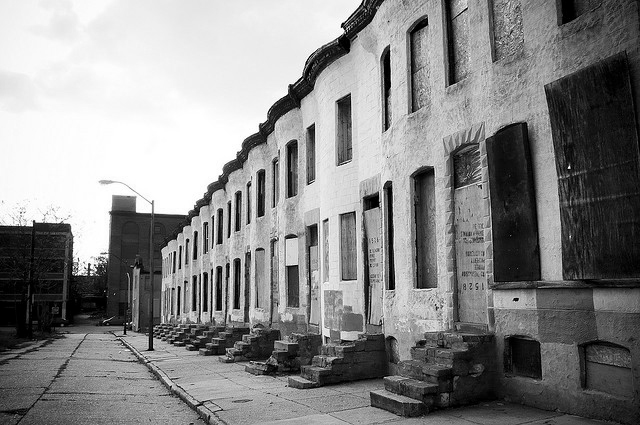The five giants: Squalor
70 years on from Beveridge, housing is once again in crisis. We are just not building enough homes of any kind. Inadequate supply is keeping prices high even during the recent downturn, creating a generational divide between older households who...
70 years on from Beveridge, housing is once again in crisis. We are just not building enough homes of any kind. Inadequate supply is keeping prices high even during the recent downturn, creating a generational divide between older households who own their homes outright and younger households whose only option is relatively insecure accommodation in the private rented sector.
For the very poorest, the situation is one of overcrowding, temporary accommodation and rising homelessness. All of this comes at a high price to government, which spent £24.4bn in 2011-12 to subsidise unaffordable rents through housing benefit.
The challenge of addressing the housing crisis is perhaps greater than the one Britain faced 70 years ago. Then, a major programme of council house building created a new supply of affordable homes. Today, with the public sector deficit continuing to grow, it is not a simple matter of launching a major government building programme. More creative solutions are needed in three areas.
First, we need to change the incentives for the house building industry to make it more profitable to build houses at scale, rather than to constrain supply and hold onto land that could be developed so that its value rises. It is unacceptable that the UK’s large house builders are posting huge profits at a time when the country has a serious housing shortage.
Second, national and local governments need to work closely with institutional investors to get private capital flowing into the rented sector. Large housing associations have already attracted billions in bond finance into the development of affordable homes. Local authorities such as Manchester city council and Barking and Dagenham are increasing the supply of market rent and affordable rent homes through intuitional investment. Other government entities need to follow suit and make this a priority.
Third, there is a strong case for government investment to stimulate the growth of part-ownership. Shared equity and shared ownership products offer people the chance to build assets and have a stable home, whether or not they eventually become fuller owners. In many cases there would be no long-term cost to government because the initial investment would be recouped through growth in capital values.
There is no quick fix for housing. The scale of supply we need cannot be delivered in a couple of years and the wider economic impacts of a dramatic fall in house prices would be severe. But addressing today’s housing crisis on these three fronts would pay dividends over the next 70 years.
